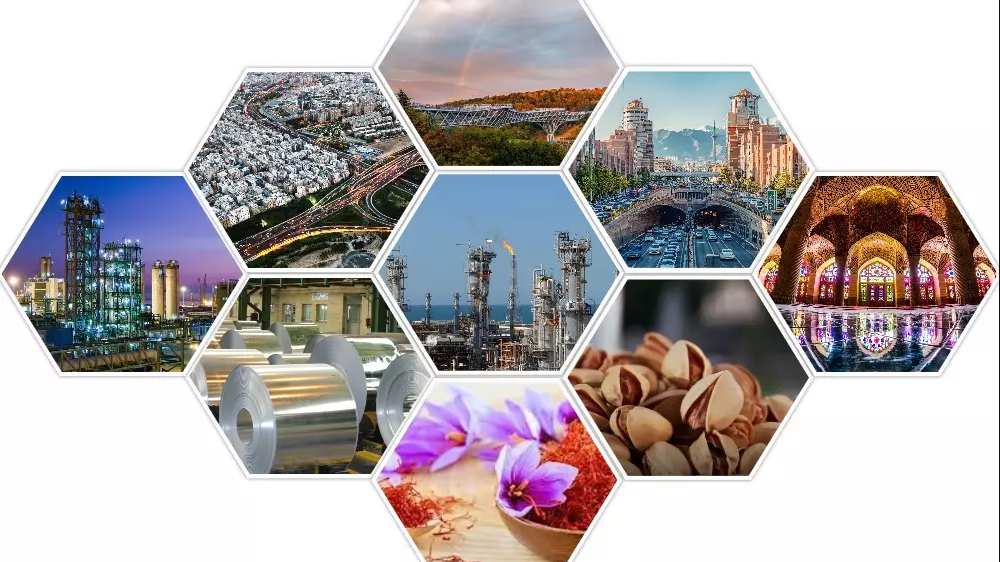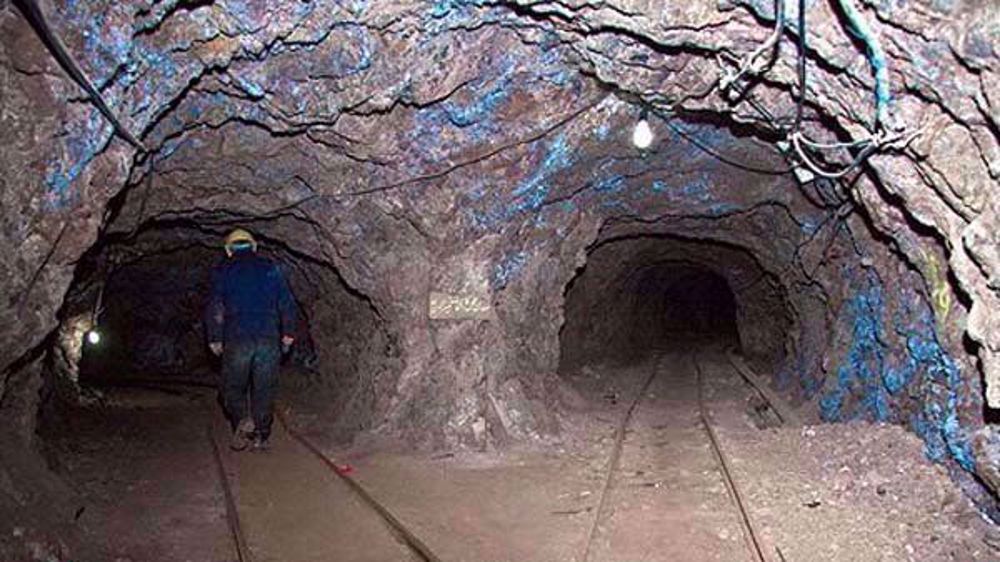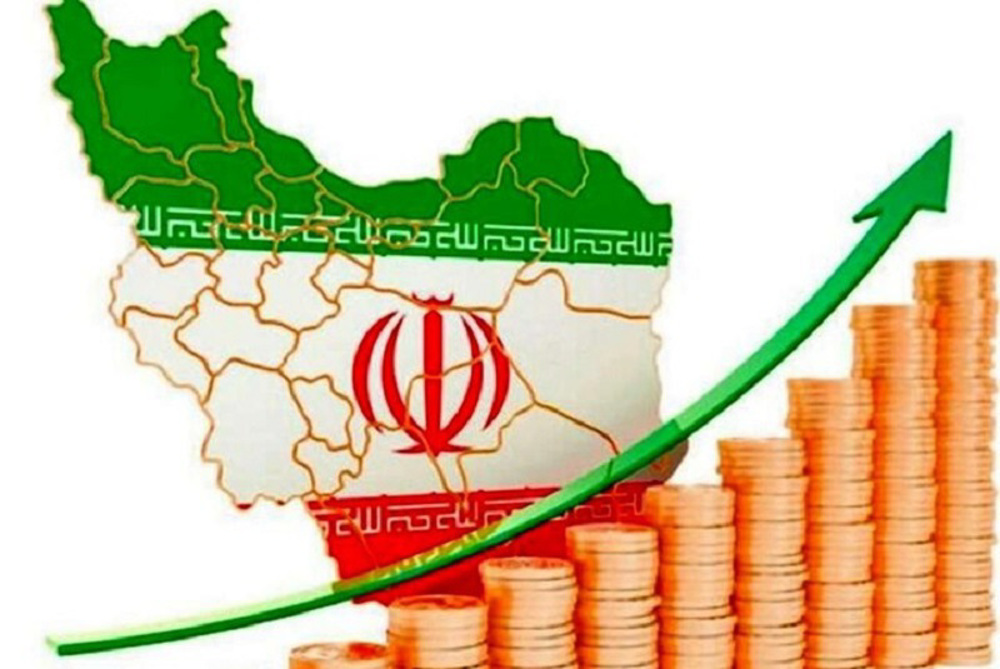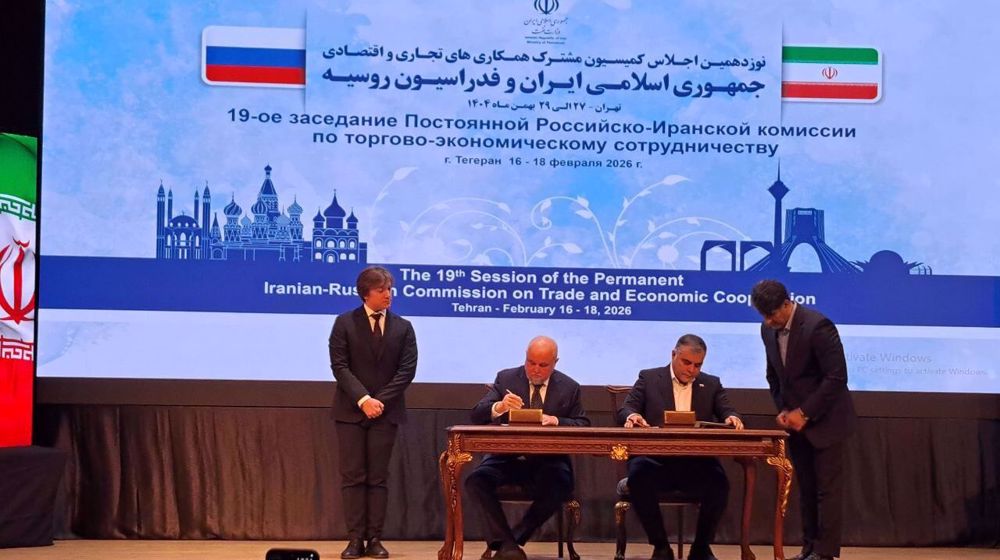Drivers of Iran’s economic boom
Iran is geographically located at the junction of the three continents of Asia, Europe and Africa. On one side, it is crossed by an east-west corridor and on the other, a north-south one.
The existence of nationwide railways and suitable road transport infrastructures such as many highways and freeways, the country's access to international open waters and the connection of the main ports to the rail and road network with high and favorable security have made Iran one of the main choices for the transportation and transit of goods.
By increasing the cargo volume and completing the transit rail map of the country and connecting Chabahar to Sarakhs on the border with Turkmenistan and Khorramshahr to Basra in Iraq and some other relatively short routes, Iran can earn $26 billion a year through the transit of goods.
This figure, which is more than half Iran's annual oil income, can help trigger a boom in production and job creation for more than 1.5 million people, and play a special role in the construction and development of the areas where the railway passes.
Iran is neighbor to 15 countries with a population of more than 600 million people and annual trade of more than $2 trillion, of which Iran's share is only $36 billion or about 1.7% of the total.
The current trade volume of the country, which is divided into two oil and non-oil sectors, is about $100 billion. If Iran, by activating regional economic diplomacy and using bilateral monetary agreements and indirect banking, can increase its share of regional trade by only 5%, it will be able to increase this figure by $100 billion. According to expert calculations, this will provide the basis for creating 4 million jobs in the country in the most pessimistic scenario.
Being located on one of the main orogenic belts of the world, Iran has 104 billion tonnes of potential mineral reserves, which constitute 7% of the world's total. There are 68 types of minerals, which include 6% of the world’s copper, 3.5% of lead and zinc, 10.5% of coal and 2% of iron ore resources.
At current rates, Iran's mineral reserves are worth $700 billion, with a value added estimated at $4 trillion which can be achieved through infrastructure development, raw material processing, private sector entry and exports.
After the discovery of oil, the mining sector like many other sectors was pushed to the back burner. For example, agriculture which is one of the most important and strategic economic sectors of the country with the food security of the society tied to it has always been neglected.
The scientific management and cultivation of agricultural lands can, in addition to creating a boom in production and high employment and strengthening food security, make it possible for people to have cheaper access to agricultural products.
One of the main inputs for production is energy, on which many advanced countries such as South Korea, Japan and European countries depend to a significant extent.
Iran is located in a region where more than 48% of the world's oil and gas is, where the country itself sits on the largest oil and gas reserves of the world combined.
Add to this natural resources, mines, fertile lands, capable, educated, expert and committed human resources and you have a suitable ground for the country's leap in many fields.
However, this needs tireless and scholarly management practices that can bring together the capacities of various areas and turn the country's economy into a thriving and invulnerable basis.
The points made here are only a fraction of the country's capacities to boost production and solve the livelihood problems of the people.
In summation, what Iran has to do is to strengthen its economic-political interactions and establish bilateral or multilateral monetary agreements with the regional countries. It should also complete the rail network with the help of the private sector.
Moreover, the country needs to pay special attention to the mining and processing sector and its natural resources.
Active participation in the reconstruction of war-torn countries such as Iraq and Syria is crucial.
The country also has to complete its irrigation network by reforming the water consumption and efficiency patterns.
It further has to amend its laws for agricultural land use and establish downstream chains in order to improve added value and profitability in the sector.
The key to such transformation is the participation and involvement of the private sector which is contingent on making economic projects more attractive.
Schumer: 'Manic' Trump caused West Asia chaos, has 'zero' war plan
Araghchi warns Turkey, Iraq against border 'terror' activity amid US-Israeil aggression
UN experts condemn unlawful US-Israeli aggression against Iran
US war on Iran burns past $1bn in early days, with total projected to exceed $95bn
US officials warn of challenges posed by Iranian drones
'We warned repeatedly about the limit to our patience': Hezbollah leader
IRGC announces 'blinding' US, Israel's eye in region; vows harsher retaliation coming
Iraqi resistance leader urges Americans to ‘reclaim’ country from Israeli ‘puppet Trump










 This makes it easy to access the Press TV website
This makes it easy to access the Press TV website